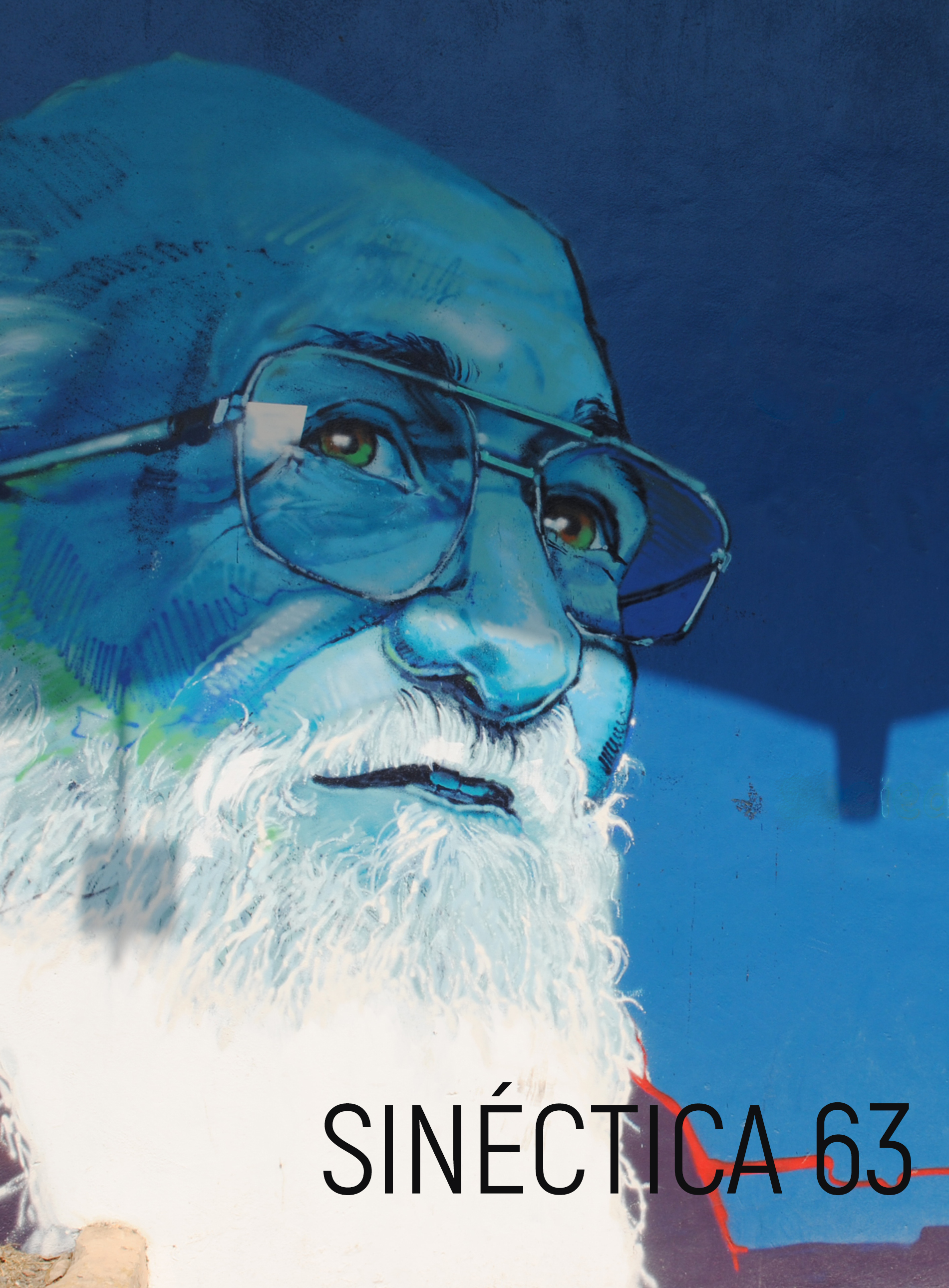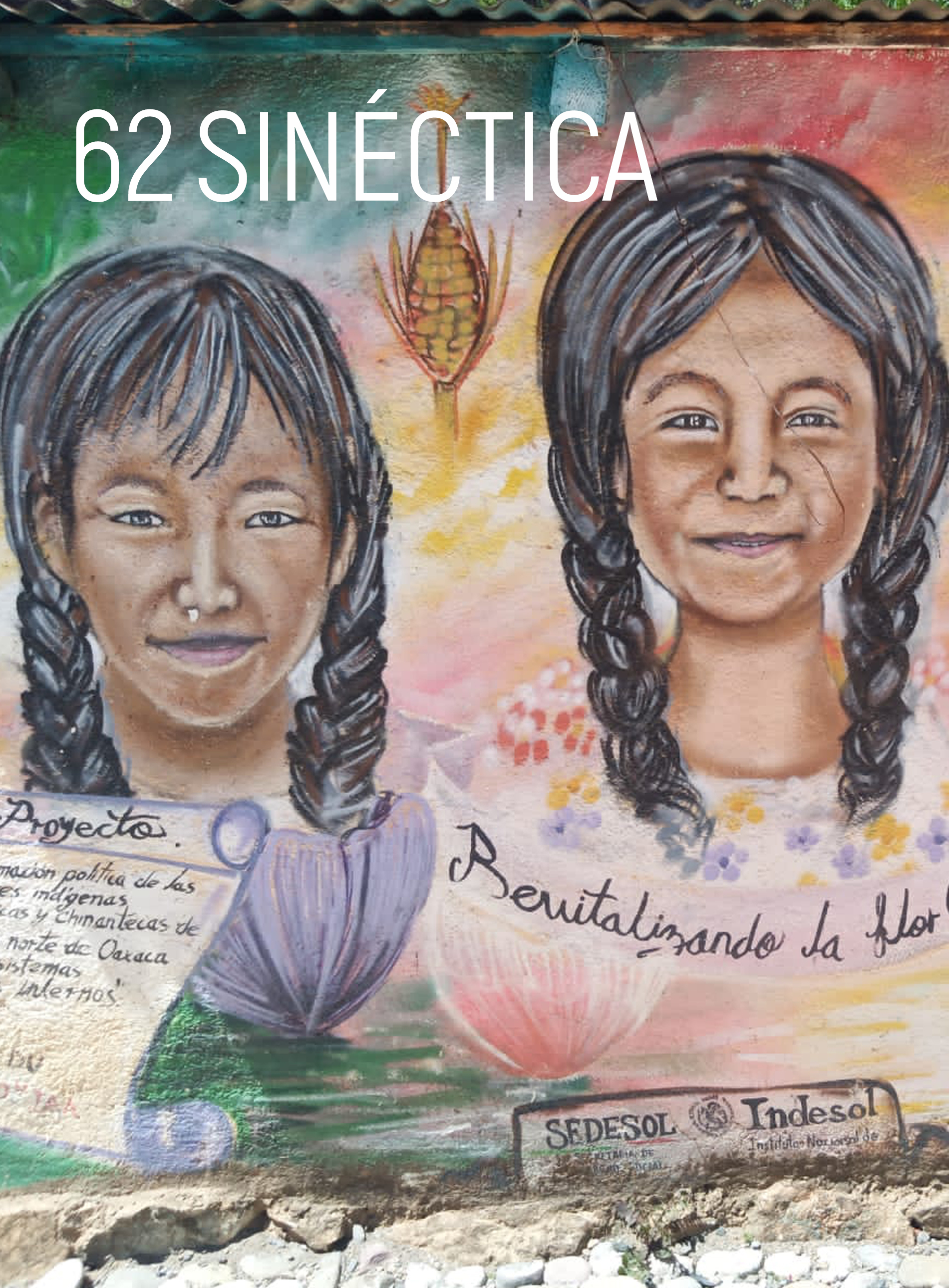Presentación
DOI:
https://doi.org/10.31391/S2007-7033(2019)0052-001Abstract
Muchas formas de colonialidad parecen caracterizar la escena social, política, económica y cultural de las sociedades globales. La persistencia colonial no se reduce únicamente a los imperialismos históricos o a la hegemonía del paradigma de la modernidad en su clásica versión racionalista, capitalista e ilustrada. La colonialidad, al igual que el ser aristotélico, se dice de diversas maneras; por ende, lejos de ser un hecho ligado al pasado remoto emerge como fenómeno vigorizado por nuevas e insospechadas formas de dominación paralelas al trasegar del tercer milenio.
Downloads
References
Argüello, A. (2015). Pedagogía decolonial: trazos para la construcción de un paradigma-otro desde la educación. Correo del Maestro, vol. 226, núm. 19, pp. 28-37.
Cabaluz-Ducasse, J. F. (2016). Pedagogías críticas latinoamericanas y filosofía de la liberación: potencialidades de un diálogo teórico-político. Educación y Educadores, vol. 19, núm. 1, pp. 67-88.
De Sousa Santos, B. (2016). Epistemologies of the South and the future. From the European South, núm. 1, pp. 17-29.
De Sousa Santos, B. (2011). Epistemologías del Sur. Utopía y Praxis Latinoamericana, vol. 16, núm. 54, pp. 17-39.
Espinosa-Miñoso, Y. (2014). Una crítica descolonial a la epistemología feminista crítica. El Cotidiano, núm. 184, pp. 7-12.
Gargallo Celentani, F. (2014). Feminismos desde Abya Yala: ideas y proposiciones de las mujeres de 607 pueblos en Nuestra América. Ciudad de México: Editorial Corte y Confección.
Lugones, M. (2010). Toward a decolonial feminism. Hypatia, vol. 25, núm. 4, pp. 742-759.
Lugones, M. (2008). Colonialidad y género. Tabula Rasa, núm. 9, pp. 73-101.
Restrepo, E. y Rojas, A. (2010). Inflexión decolonial: fuentes, conceptos y cuestionamientos. Popayán: Editorial Universidad del Cauca.
Downloads
Published
Issue
Section
License
Copyright (c) 2019 Sinéctica

This work is licensed under a Creative Commons Attribution-NonCommercial 4.0 International License.
This work is licensed under a Creative Commons Attribution-NonCommercial 4.0 International license.
Authors who publish in Sinéctica agree to the following terms:
The authors retain copyright and grant the journal the right of first publication of the authorized work simultaneously under a Creative Commons Attribution License, which allows others to share the work as long as both the authorship of the work and the initial publication in this journal are acknowledged.
Authors may enter into additional separate contractual agreements for non-exclusive distribution of the published version of the journal (e.g., publishing in an institutional repository or a book), with acknowledgement of initial publication in this journal.
Authors are allowed to publish their work in institutional repositories or on their own website before and during the submission process, as it may generate productive exchanges, as well as earlier and greater citation of the published work.
Explanatory note: As of 2017 Sinéctica is governed by the Creative Commons Attribution Non-Commercial 3.0 International License, a version that standardizes licenses internationally.
Articles published between 1992 and 2016 are covered by a Creative Commons Attribution-NonCommercial-NoDerivatives 4.0 International license, which allows a work to be shared and distributed non-commercially and with acknowledgement of the author, but prohibits modification of the original creation.






















